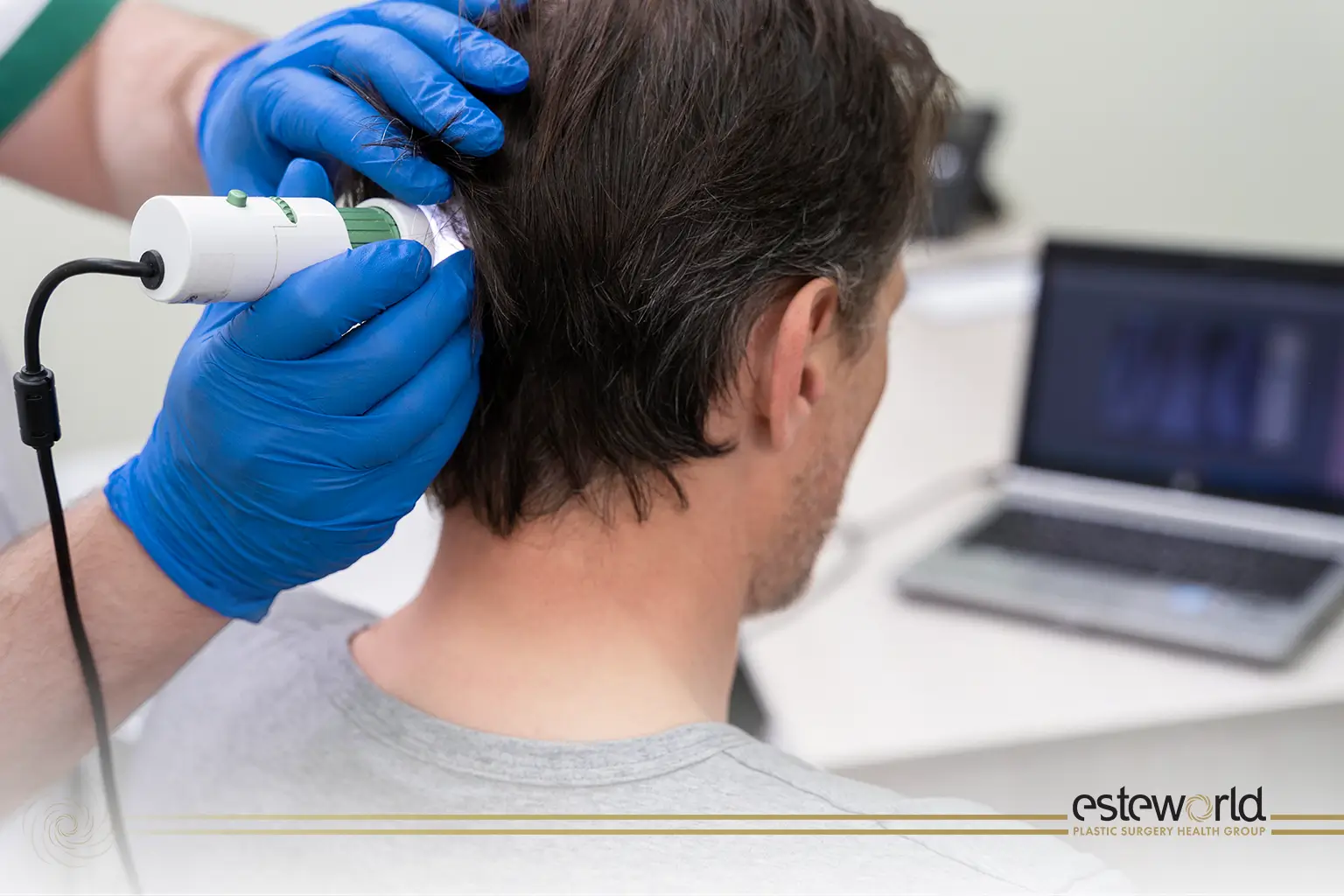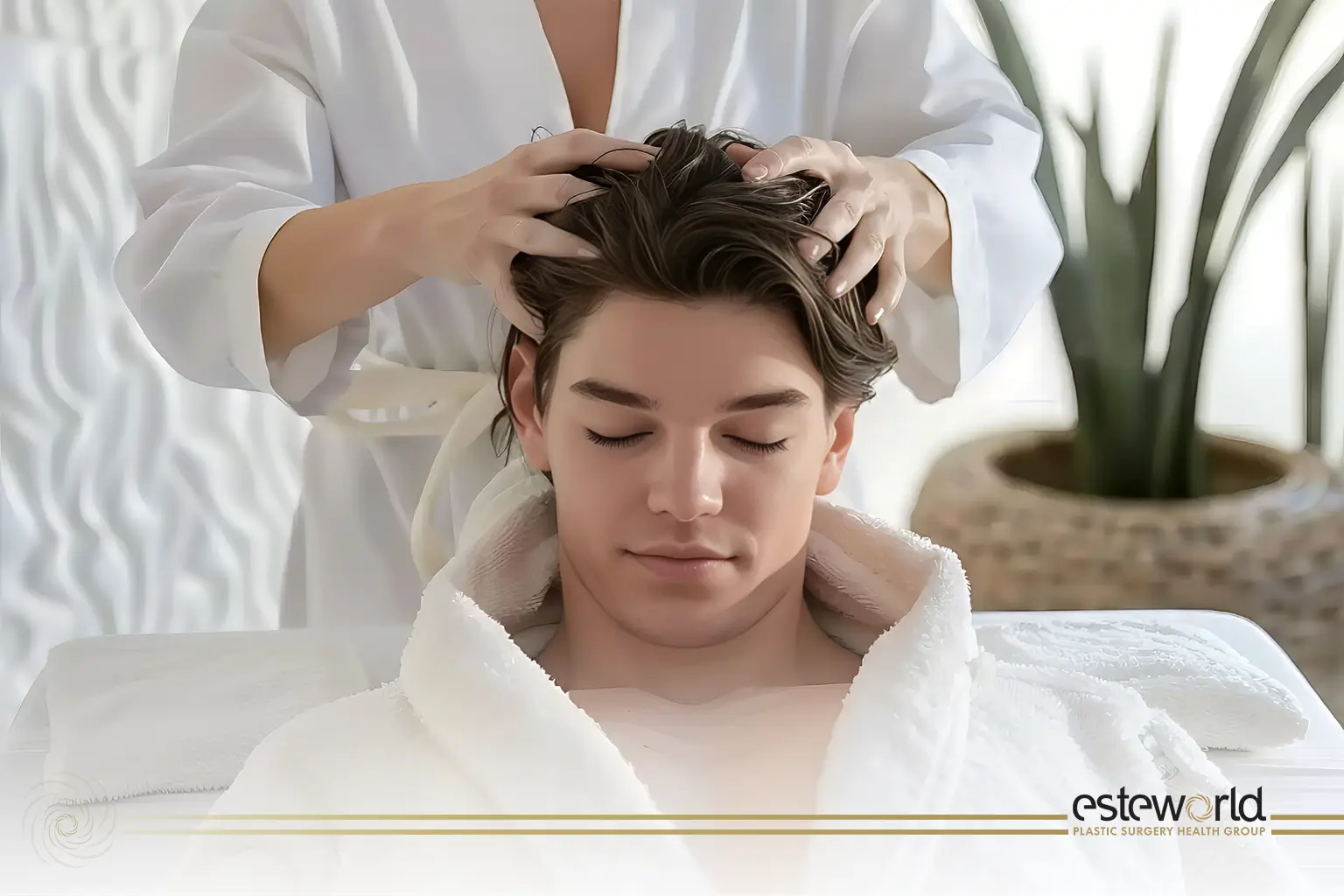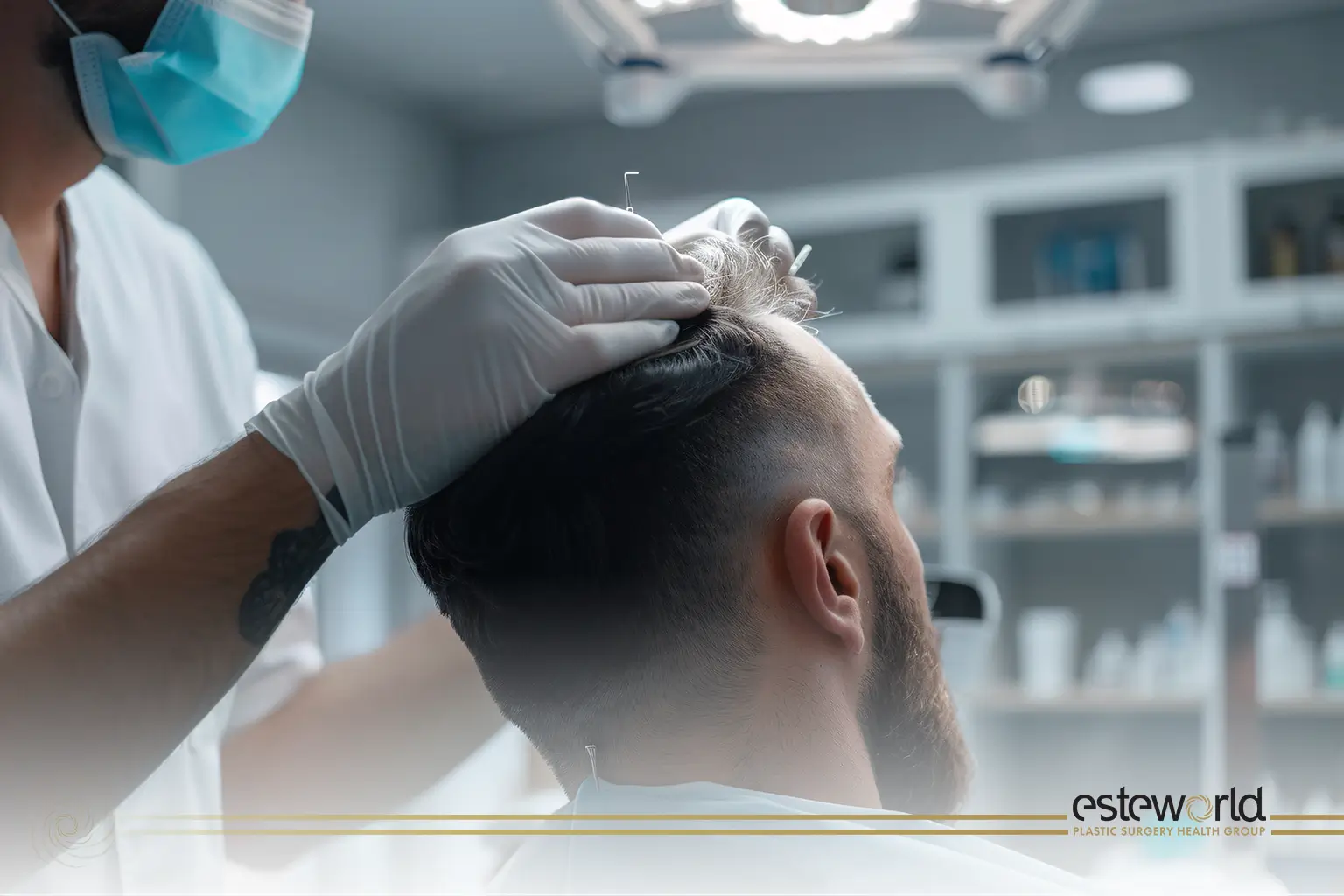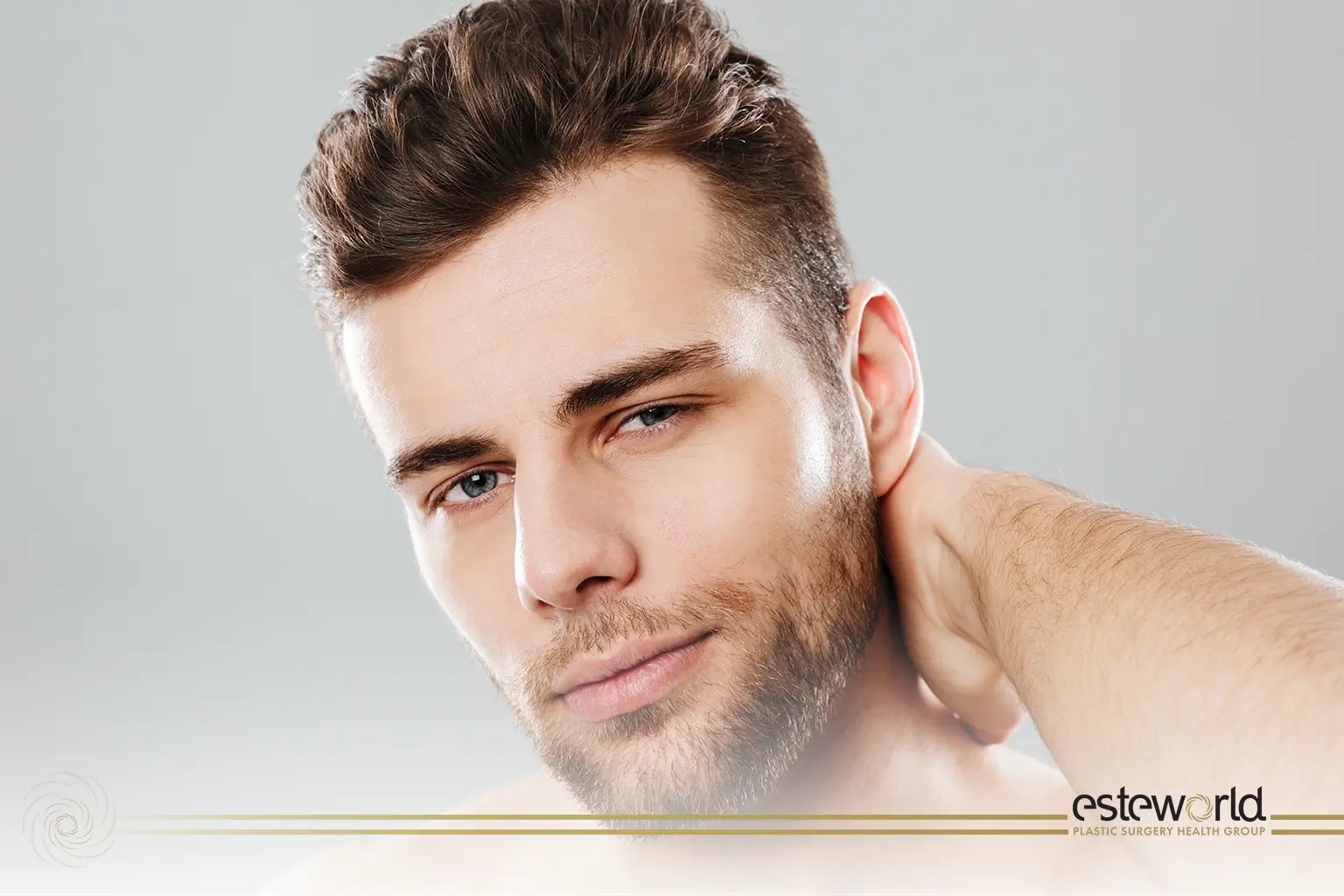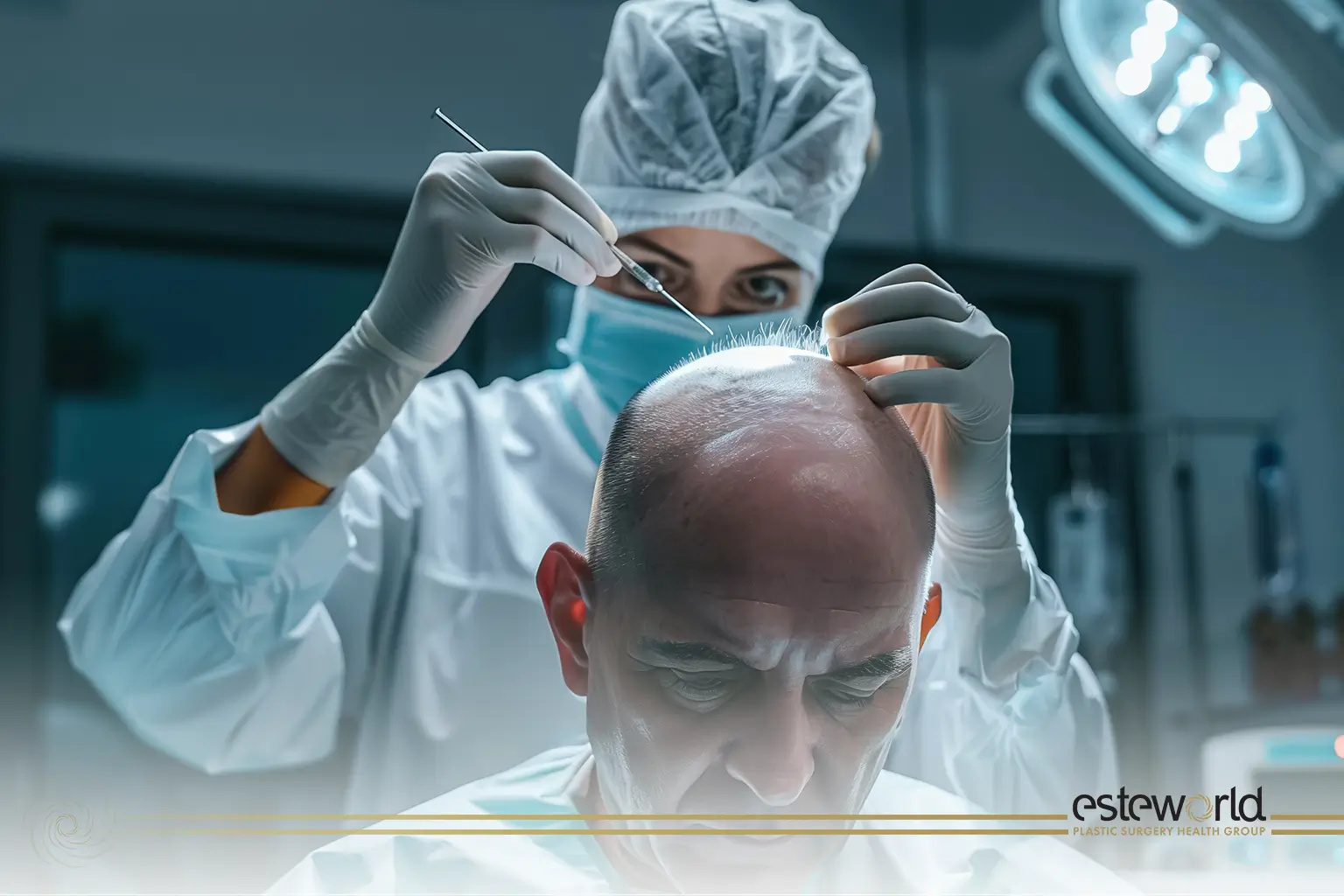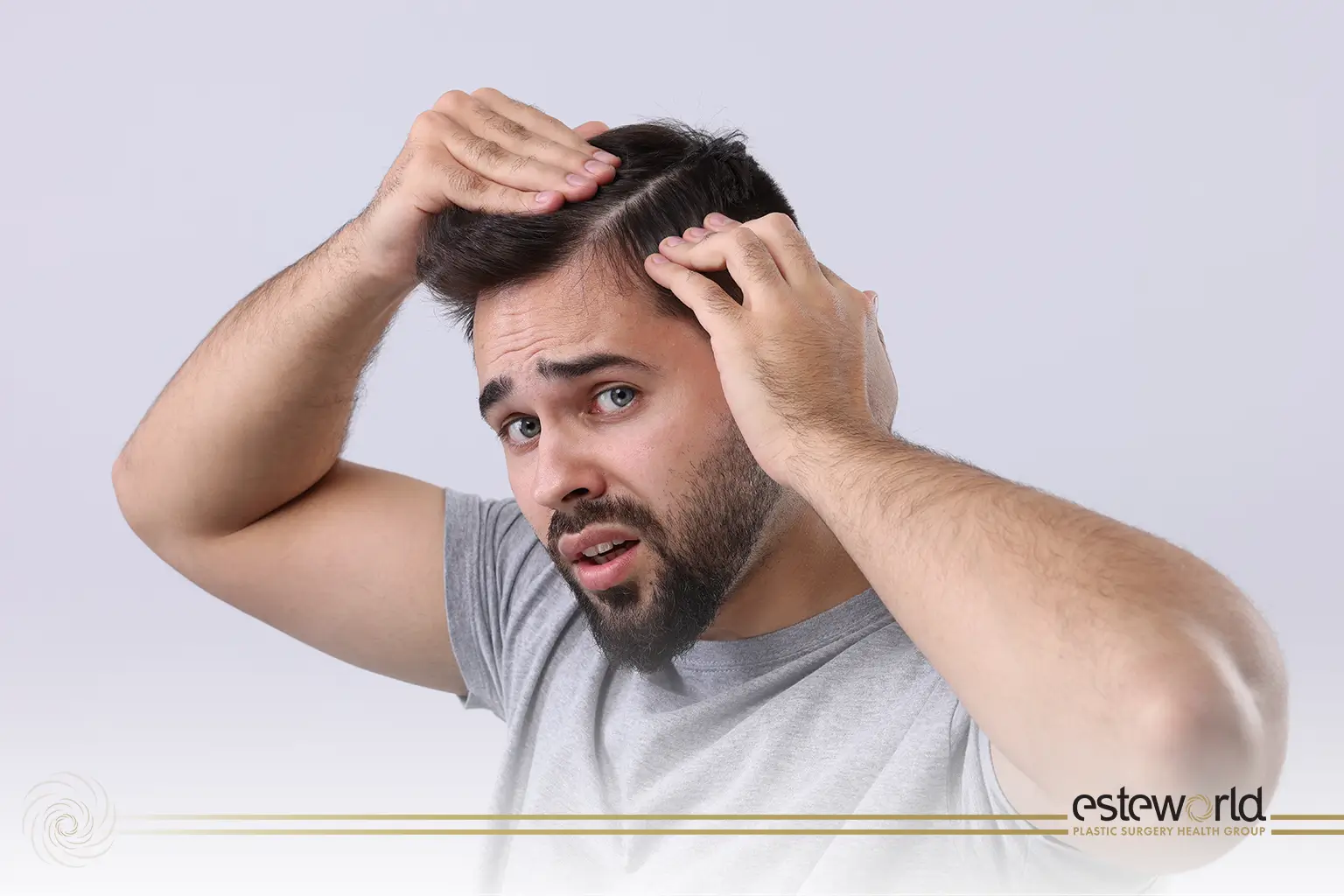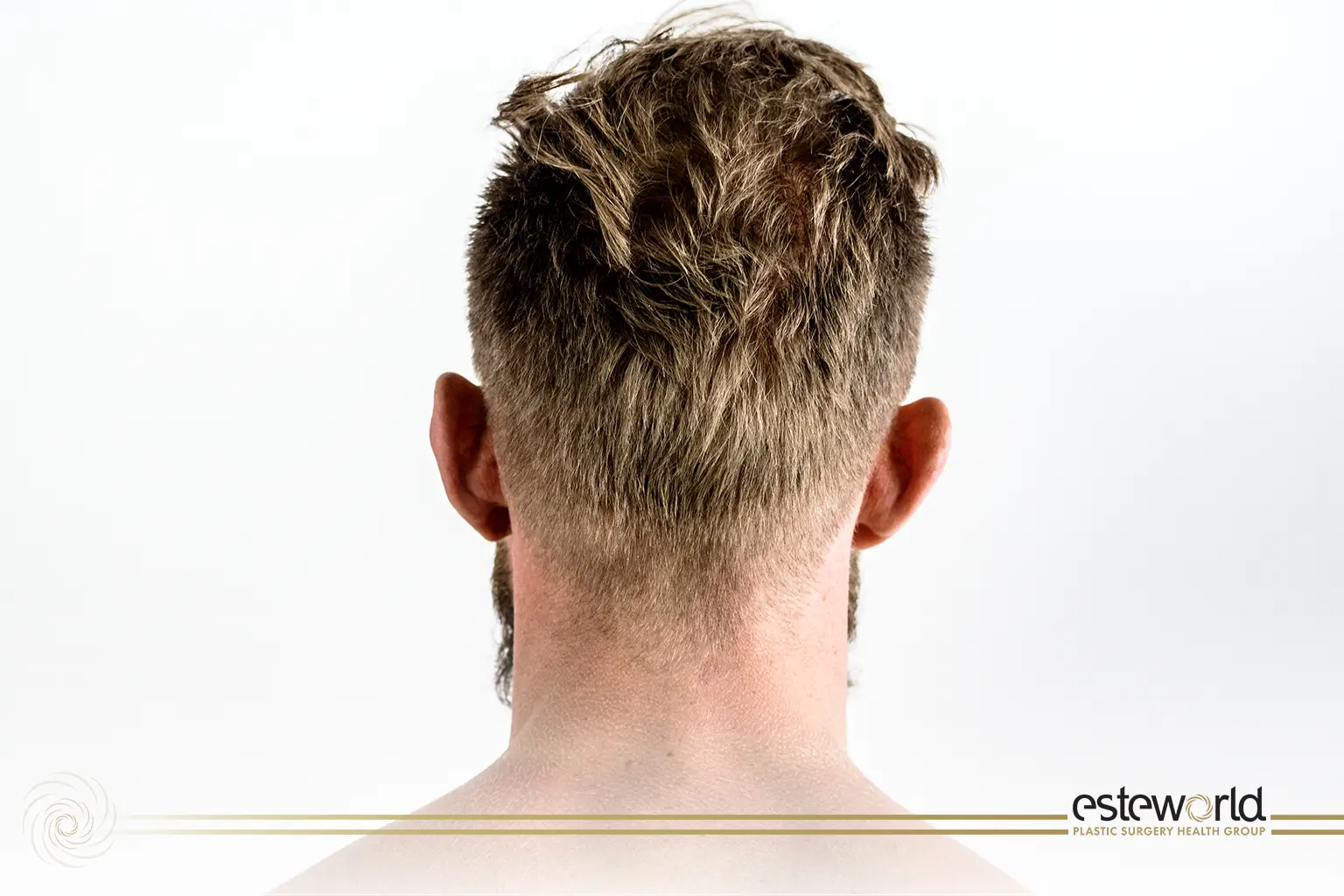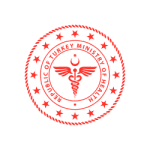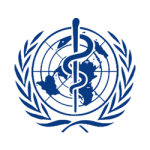Can You Go on Holiday After a Hair Transplant?
Planning a holiday after a hair transplant requires careful consideration to ensure the healing process isn’t compromised. While it’s normal to want a break after the procedure, it’s crucial to follow your surgeon’s recommendations regarding travel and activities. Immediate post-surgery care typically involves avoiding sun exposure, excessive sweating, and certain activities that can impact graft survival. This article provides essential guidelines for planning a holiday after a hair transplant, including safe travel timing, activities to avoid, and tips for protecting your new hair.
When is it Safe to Travel After a Hair Transplant?
Most surgeons recommend waiting at least a week after a hair transplant before traveling, especially if flying is involved. The initial days after surgery are critical for healing, and flying too soon can cause swelling or discomfort due to pressure changes. If you must travel, ensure you follow all post-operative care instructions and avoid touching the treated area. Ideally, it’s best to allow 1-2 weeks for recovery before embarking on any trips, as this provides time for any redness, swelling, or tenderness to subside and reduces the risk of complications.
Sun Exposure and Scalp Protection on Holiday
One of the biggest concerns for a post-transplant holiday is exposure to the sun. Direct sunlight on a healing scalp can cause irritation, sunburn, and even harm the newly transplanted grafts. To protect your scalp, wear a loose-fitting hat that won’t press against the grafts. It’s best to avoid sunbathing or spending prolonged time in the sun during the first few weeks after your procedure. If you’re going to a sunny destination, opt for shaded areas and apply surgeon-approved sunscreen to the scalp if advised. Shielding the scalp from UV rays is crucial to prevent complications and ensure optimal healing.
Activities to Avoid on Holiday After a Hair Transplant
Certain activities should be avoided on holiday, especially during the initial recovery period. Swimming in pools, oceans, or lakes is discouraged for at least 2-3 weeks, as exposure to chlorine, saltwater, or bacteria can irritate the scalp and potentially lead to infection. Strenuous physical activities, such as hiking, water sports, or any exercise that leads to excessive sweating, should also be avoided, as sweat can increase the risk of infection. It’s best to choose relaxing, low-impact activities that allow you to enjoy your holiday without compromising your recovery.
Tips for Traveling Comfortably After a Hair Transplant
Traveling post-transplant requires a bit of planning to ensure a comfortable experience. Pack any prescribed medications, such as antibiotics or pain relief, and follow your surgeon’s instructions on scalp care. Bring a loose hat or scarf for added scalp protection, especially if your destination is sunny. Stay hydrated, avoid touching your scalp, and ensure you have access to mild shampoo for gentle washing. If you’re flying, try to keep your head elevated to minimize swelling, and avoid pressure on the grafts while resting or sleeping. These small adjustments can make your holiday enjoyable without impacting your recovery.

